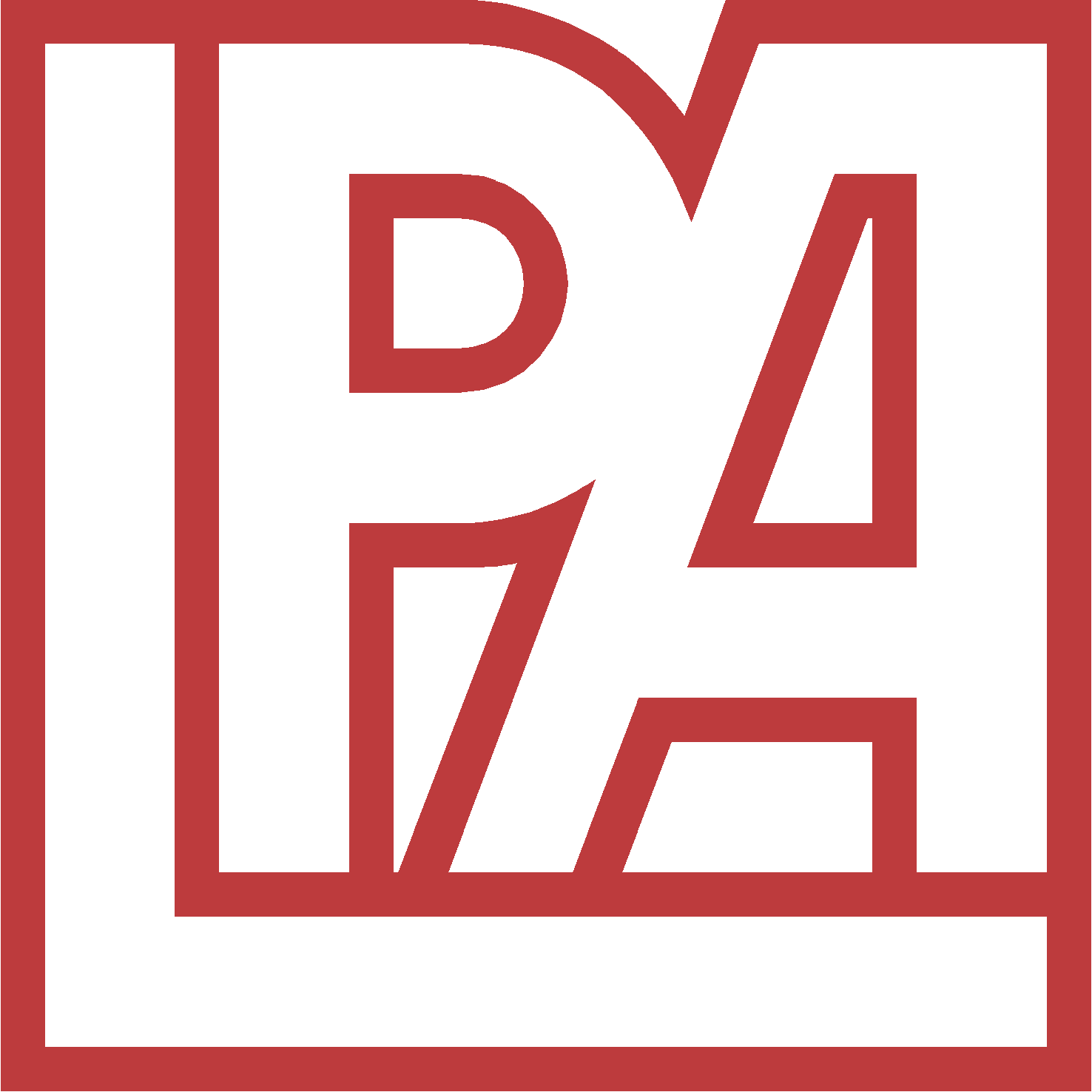
International Workshop on
User-Oriented Logic Programming
(IULP 2015)
31st August 2015, Cork (Ireland)
sponsored byScope and Aims
Since the emergence of the field of logic programming more than 30 years ago, a lot of theoretical work has been done, for example with respect to different semantics and their properties. More recently, implementations and IDEs emerged which have been used for various problem-solving applications. However, user-friendliness is still an issue for both experts and non-experts in logic programming; for example experts benefit from features like debugging and heuristic tuning, non-experts from educational material and intuitive visualisations - all of which are ongoing topics of research.
The International Workshop on User-Oriented Logic Programming (IULP) focuses on discussing different aspects involved in making logic programming more user-friendly/oriented,
where the user
could be either a logic programming expert, or a non-expert who simply uses logic programming tools in some application.
IULP aims to bring together researchers from different sub-areas of logic programming, such as answer set programming, constraint logic programming,
probabilistic logic programming, abductive logic programming, inductive logic programming, argumentation etc.,
as user-friendliness is an important topic in all of these sub-areas.
We solicit the submission of papers broadly centred on issues and research related to user-friendliness in logic programming and related fields. We welcome papers of either theoretical or practical nature including work in progress.
Topics
Topics of Interest include (but are not limited to):- IDEs
- debugging
- explanations
- visualisation
- best practice
- modularity
- usage of natural language
- heuristic tuning
- logic programming education
- language extensions
News
- 2015/08/04 IULP'15 programme is available
- 2015/07/15 List of accpeted papers is available
- 2015/06/26 Torsten Schaub will give an invited talk on "Interactive Answer Set Programming"
- 2015/06/18 IULP'15 will be sponsored by
 (Logic Programming Associates) - participants of IULP'15 will receive free 12 months software usage
(Logic Programming Associates) - participants of IULP'15 will receive free 12 months software usage - 2015/04/13 Call for Papers is online - A poster is available too.
- 2015/03/27 Workshop Website is online
Important Dates
- Papers due:
Wed, 10th June 2015Wed, 17th June 2015 EXTENDED! - Notification to authors: Fri, 10th July 2015
- Camera ready version due: Fri, 24th July 2015
- Workshop date: Mon, 31st August 2015
Submission Info
Paper Format
Papers must be formatted in Springer LNCS style (http://www.springer.com/lncs) and should not exceed 15 pages (excluding references and appendices). All submissions have to be written in English and submitted electronically as a PDF through easychair ( http://easychair.org/conferences/?conf=iulp15).
We encourage the submission of original research in the area as well as relevant results that have been submitted or accepted elsewhere provided that the initial publication is mentioned in a footnote on the first page.
Note that authorship is not anonymous and that at least one author of each accepted paper is required to attend the workshop to present the contribution.
Proceedings
There are no formal proceedings for IULP. The accepted papers are published as a technical report and made available in the CoRR Computing Research Repository, here. The copyright of the papers lies with the authors and, as far as IULP is concerned, authors are free to submit their work to other conferences and workshops.Accepted Papers
- SWISH: SWI-Prolog for Sharing
Jan Wielemaker, Torbjörn Lager, Fabrizio Riguzzi - Lowering the learning curve for declarative programming: a Python API for the IDP system
Joost Vennekens - A web-based IDE for IDP
Ingmar Dasseville, Gerda Janssens - Bound Your Models! How to Make OWL an ASP Modeling Language
Sarah Alice Gaggl, Lukas Schweizer, Sebastian Rudolph - Ricochet Robots Reloaded: A Case-study in multi-shot ASP solving
Martin Gebser, Roland Kaminski, Philipp Obermeier, Torsten Schaub - Visualising interactive inferences with IDPD3
Ruben Lapauw, Ingmar Dasseville, Marc Denecker
Programme
IULP'15 will be held on Monday, 31st August 2015ASP Session:
13:30-14:00 Interactive Answer Set Programming (Invited Talk)Torsten Schaub
14:00-14:30 Bound Your Models! How to Make OWL an ASP Modeling Language
Sarah Alice Gaggl, Lukas Schweizer and Sebastian Rudolph
14:30-15:00 Ricochet Robots Reloaded: A Case-study in multi-shot ASP solving
Martin Gebser, Roland Kaminski, Philipp Obermeier and Torsten Schaub
15:00-15:30 Coffee
IDP Session:
15:30-16:00 SWISH: SWI-Prolog for SharingJan Wielemaker, Torbjörn Lager and Fabrizio Riguzzi
16:00-16:30 Lowering the learning curve for declarative programming: a Python API for the IDP system
Joost Vennekens
16:30-17:00 A web-based IDE for IDP
Ingmar Dasseville and Gerda Janssens
17:00-17:30 Visualising interactive inferences with IDPD3
Ruben Lapauw, Ingmar Dasseville and Marc Denecker
Invited Talk
Torsten Schaub: Interactive Answer Set Programming
Traditional Answer Set programming (ASP) rests upon one-shot solving. A logic program is fed into an ASP system and its stable models are computed. The high practical relevance of dynamic applications led to the development of multi-shot solving systems. An operative system solves continuously changing logic programs. Although this was primarily aiming at dynamic applications in assisted living, robotics, or stream reasoning, where solvers interact with an environment, it also opened up the opportunity of interactive ASP, where a solver interacts with a user. We begin with a formal characterization of interactive ASP in terms of states and operations on them. In turn, we describe the interactive ASP shell aspic along with its basic functionalities.Committee
Chairs
- Stefan Ellmauthaler (Leipzig University)
- Claudia Schulz (Imperial College London)
Program Committee
- Dalal Alrajeh (Imperial College London)
- Bart Bogaerts (KU Leuven)
- Pedro Cabalar (Corunna University)
- Günther Charwat (Vienna University of Technology)
- Marina De Vos (University of Bath)
- Esra Erdem (Sabanci University)
- Sarah Alice Gaggl (TU Dresden)
- Martin Gebser (Aalto University)
- Antonis C. Kakas (University of Cyprus)
- Enrico Pontelli (New Mexico State University)
- Jörg Pührer (Leipzig University)
- Francesco Ricca (University of Calabria)
- Kostyantyn Shchekotykhin (University of Klagenfurt)
- Guillermo R. Simari (Universidad Nacional del Sur)
- Hans Tompits (TU Wien)